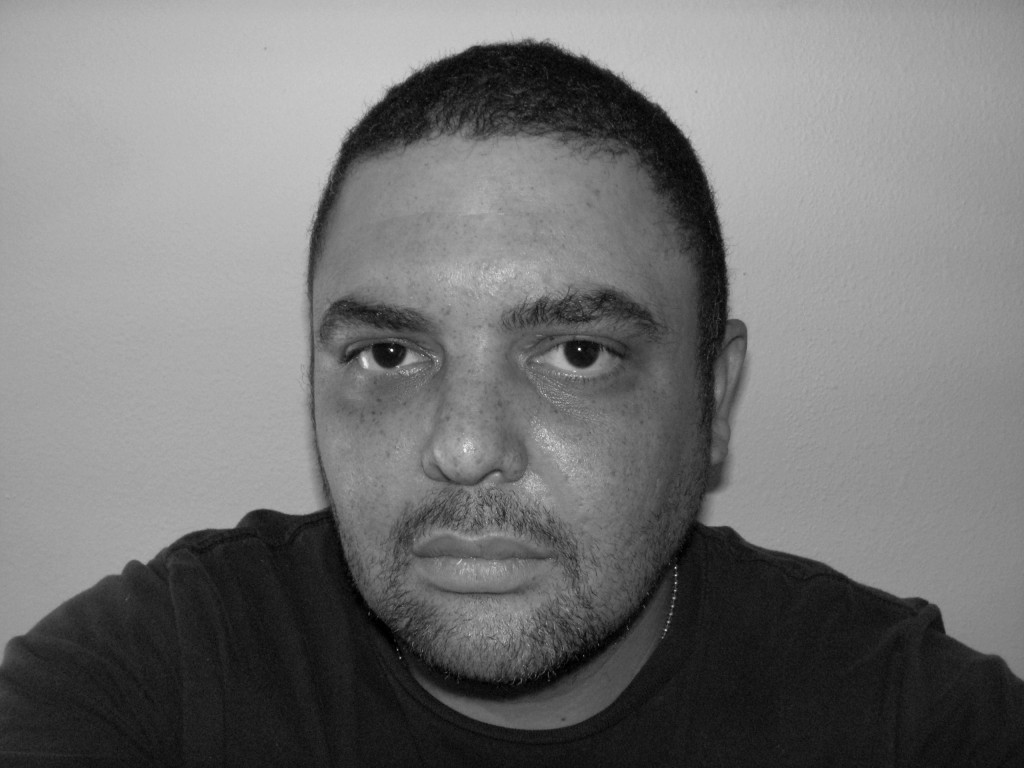When my guest, poet Shane McCrae, was in high school, he made what he calls a “serious existential commitment” to quit life. The child of a black father and a white mother, has was raised in part by his maternal grandparents, who were white supremacists and denied that he was black. By the time he was in junior high, he was flunking out of school and didn’t care much for anything, he says, besides skateboarding and music.
Then, in high school, he saw a cheesy movie that changed his life, because in it, a girl read a poem by Sylvia Plath.
He “became profoundly obsessed.” He had an idea that “poetry was either going to be the key to the rest of my life, or there just wasn’t going to be a key.”

He became a regular at the school library, poring over books about poets’ lives. Plath’s poetry struck him as sad, but the sadness, he said, somehow made him feel better.
McCrae dropped out of high school. He was a dad by the age of 18. He got his GED and started community college, eventually transferring to the University of Oregon, where he discovered his favorite poetry, Elizabethan and Renaissance English poetry. Edmund Spenser’s The Faerie Queene became “necessary”, he says, to his conception of himself, his world, his art. He went on to get an MFA and a JD from Harvard Law.
Since 2010, he’s written six books of poetry including his most recent, the Guilded Auction Block. He’s received numerous awards and a Guggenheim Fellowship.
His is an extraordinary story, but McCrae often speaks of the details of his life with what the New Yorker described as “a judicial coolness that makes the details all the more devastating.” Maybe those details are so devastating because behind McCrae’s literary success is a story of the America we know exists but would prefer did not.
His poems are written in meter (he says he wants to adhere to rules) and yet they approximate the sound of the subconscious, as Amelia Klein noted in her review of his book Mule for the Boston Review. Klein wrote that McCrae’s poems “do what the mind does with words when it isn’t using them intentionally but murmuring to itself consolingly and censoriously of its own imperfectly recorded history.”
For this episode I talked to Shane McCrae about his new role as poetry editor at Image. We also talked about depression, his love for Sylvia Plath, how the rules of poetry help him to engage the infinite (writing in free verse makes him anxious, he says), and how this connects to a spiritual path that led him from atheism to Islam to the Episcopal Church.
Resources:
- Shane McCrae, Mule
- Shane McCrae, In the Language of My Captor
- Shane McCrae, The Guilded Auction Block
- An Odd Path to Plath, PRI Interview with Shane McCrae
- Dan Chiasson, Shane McCrae’s Poems to America, The New Yorker
- Amelia Klein, Microreview: Shane McCrae’s Mule, The Boston Review
- How Shane McCrae Leared to Break the Rules, PBS NewsHour
Credits
- Original music composed by Sister Sinjin
- Episode produced by Cassidy Hall and Roy Salmond.



